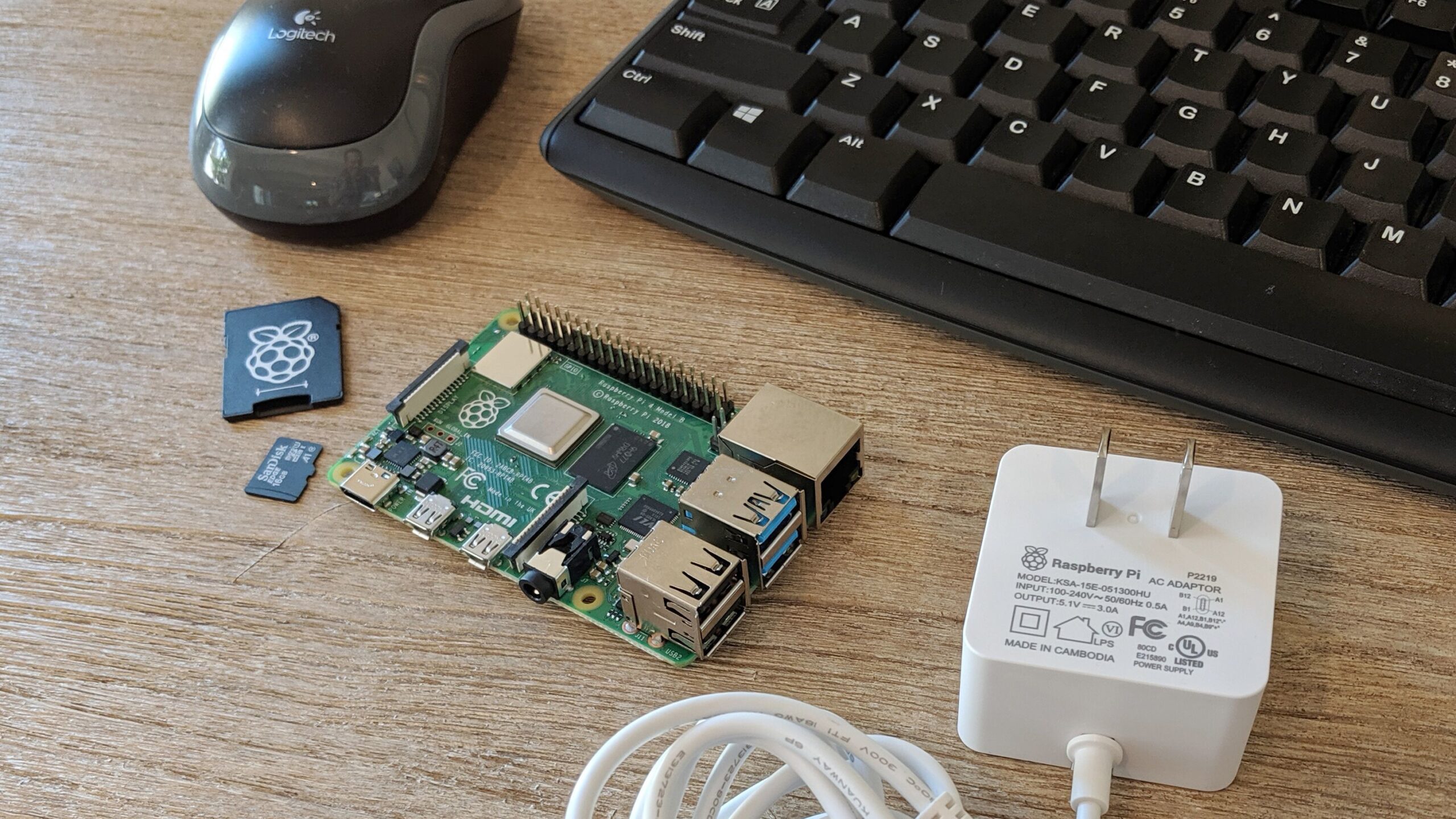In tech circles at least, Raspberry Pi has become somewhat of a staple when it comes to introductory programming and IT learning. Now in its fourth generation, the increasingly impressive and ever more accessible microcomputer has come a long way in its 9-year history, boasting 36 million sales worldwide and the title of the best-selling British computer ever made.

While initially aimed at children, Raspberry Pi represents a cheap and versatile gateway into programming for allcomers, and as the domestic tech industry continues to swell, it could offer some use to those looking to break into the tech sector for the first time. Its primary purpose and project portfolio might seem somewhat rudimentary from a professional standpoint, but how could a humble programming board help you find a job in one of the UK’s most futureproofed sectors?
Reasons to learn programming on a Raspberry Pi
When it comes to entry into the tech sector and the world of programming, everyone has to start somewhere, and the beauty of the Raspberry Pi is that it offers multiple qualities which make it the perfect starter board:
- Pricing: the Raspberry Pi is super cheap to buy, with full starter kits available for around £100 or less.
- Multiple programming languages: the Raspberry Pi can be run using all key programming languages, be it Java, Python or JavaScript – all which are hugely relevant and useful from a professional perspective.
- Multiple GPIOs: offering 40 general purpose input/output pins, the Raspberry Pi offers an incredible range of programming possibilities.
- Power: offering up to 8GB of memory and capable of working on 2x4K monitors and multiple Java applications, the Raspberry Pi offers an incredible amount of power in an exceptionally small and inexpensive package.
What does this have to do with getting yourself a job?
The obvious answer to that question is that the Raspberry Pi can give you a very solid foundation in the fundamentals of programming but, to understand why that’s particularly important, you need to look at what’s going on in the wider UK tech industry right now.
Today, the digital sector is worth more than £400m daily to the UK economy. It’s a mega market and a rapidly expanding one, and as the UK and wider world delves further into the Internet of Things, AI, automation and other ground-breaking technologies that are set to become cornerstones of our society, there’s never been a better to time to get a job within the market.
Even to this day, where technology studies are a much higher priority, the sector finds itself in the midst of a skill shortage, and with the potential of “Techxit” in light of our completion of Brexit, the UK faces the prospect of losing a core group of highly skilled and valuable workers in the industry. As such, tech workers are in high demand, and a career in technology is not only likely to be safeguarded as the world continues to change, but also be a lucrative one.
Of course, fiddling around with a Raspberry Pi won’t make you a bona fide tech genius, but it will give you a pretty good base for your programming knowledge. The versatility of the microcomputer and its accompanying projects means you can build a tailored skill base to built on in a professional spectre – one which could be hugely rewarding down the line.
So, can the Raspberry Pi get you a job? Well, it might not get you 100% there, but for those looking to make their first steps into the tech industry, it’s tough to think of a better, more well rounded or accessible starting point.

Leave a Reply